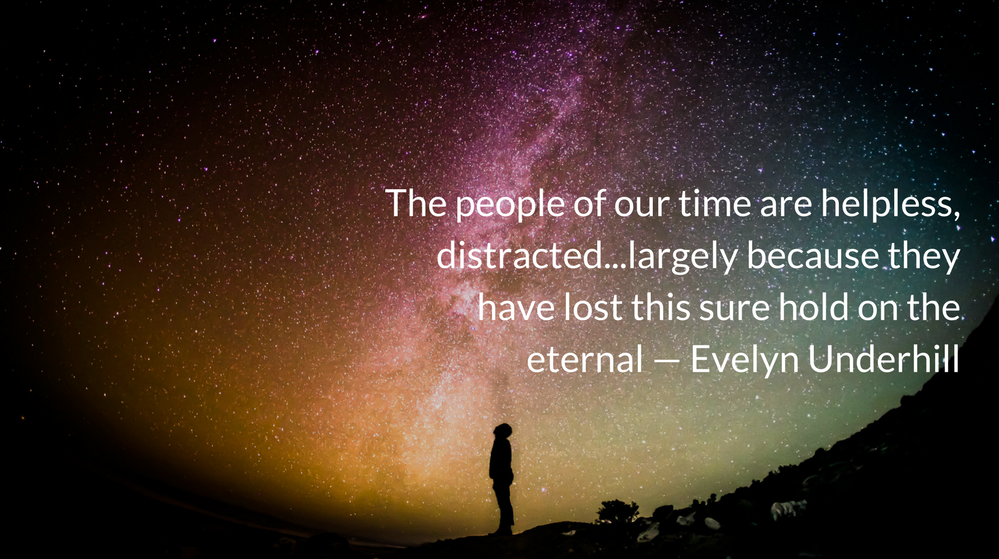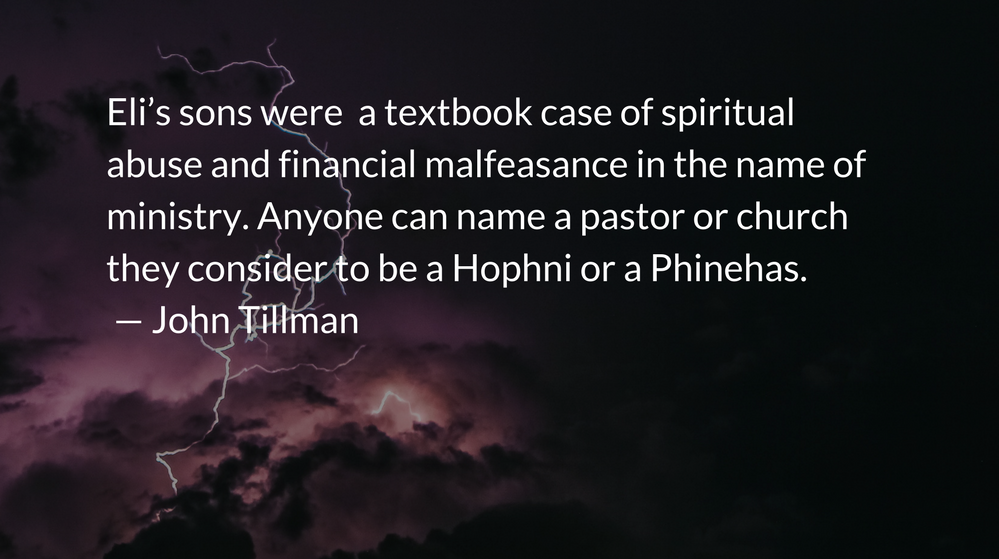Scripture: Psalm 41.4
As for me, I said, “O Lord, be gracious to me; heal me, for I have sinned against you!”
Reflection: A Singular Plea In Prayer :: Throwback Thursday
By Charles Haddon Spurgeon (1834-1892)
Here is a prayer: “Lord, be gracious to me.” It may mean,—and I daresay it did mean, at least in part—“Mitigate my pains.” I have sometimes found that, where medicine has failed, and sleep has been chased away, and pain has become unbearable, it has been good to appeal to God directly, and to say, “O Lord, I am thy child; wilt thou allow thy child to be thus tortured with pain?
But that is not all that David meant, I am quite sure, for, next, he must have meant, “Forgive my sins.” You can see, by his prayer, that his sins were the heaviest affliction from which he was suffering: “Be merciful unto me: heal my soul; for I have sinned against thee.” And, believe me, there is no pain in the world that at all approximates to a sense of sin.
David, when he said, “Lord, be gracious to me,” also meant, “Fulfill thy promises.”
I think that David also meant by this prayer, “Heal me of my tendency to sin.” He seemed to say, “Lord, I shall sin again if I am not healed. I have an evil tendency in me, and an old nature which is inclined to sin; if thou dost not heal me of this disease, there will be another eruption upon the skin of my life, and I shall sin again.” When a man sins outwardly, it is because he has sin inwardly. If there were no sin in us, no sin would come out of us; but there it lies, sometimes, concealed.
The second part is a confession: “I have sinned against you.”
It is a confession without an excuse. David does not say, “I have sinned against you, but I could not help it,” or, “I was sorely tempted,” or, “I was in trying circumstances.” No; as long as a man can make an excuse for his sin, he will be a lost man; but when he dare not and cannot frame an excuse, there is hope for him.
It is a confession without any qualification. He does not say, “Lord, I have sinned to a certain extent; but, still, I have partly balanced my sins by my virtues, and I hope to wipe out my faults with my tears.”
A man who only pretends to be a sinner, and does not realize his guilt in the sight of God, will not have a Savior. Christ died for nobody but real sinners, those who feel that their sin is truly sin.
*Abridged from “A Singular Plea In Prayer,” delivered by Charles Haddon Spurgeon in 1884.
The Greeting
I will give thanks for what you have done and declare the goodness of your Name in the presence of the godly. — Psalm 52.9
– From The Divine Hours: Prayers for Summertime by Phyllis Tickle.
Full prayer available online and in print.
Today’s Readings
1 Samuel 9 (Listen – 4:42)
Romans 7 (Listen – 4:09)






